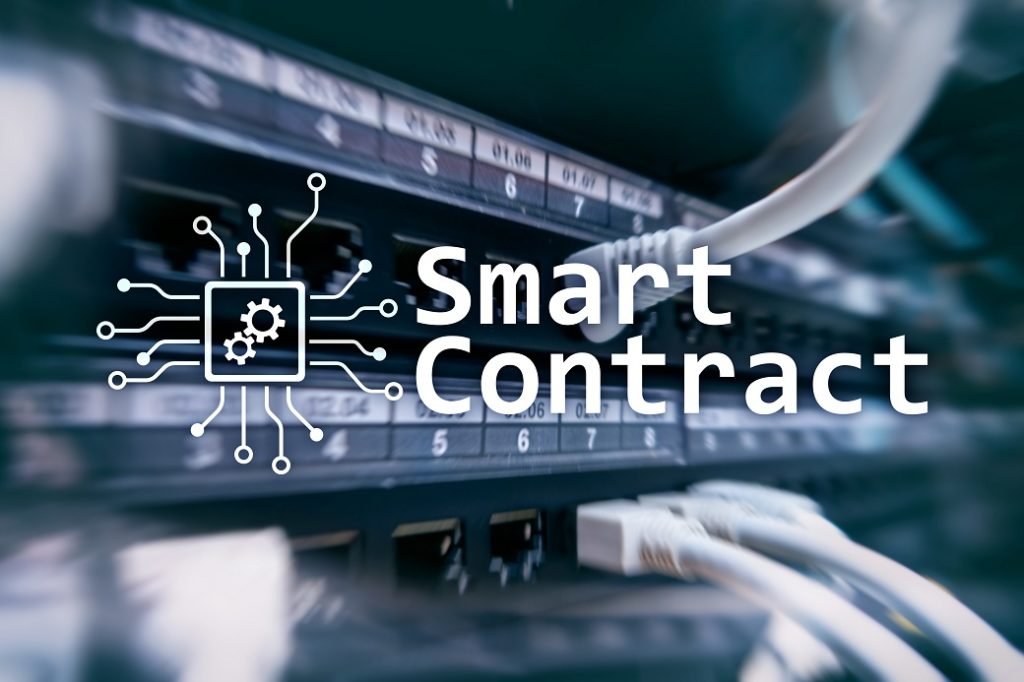Smart Contracts: The Building Blocks of a Decentralized Future
Introduction
In the realm of blockchain technology, smart contracts have emerged as a transformative force, redefining the way we engage in digital transactions. Often dubbed the “self-executing contracts” of the digital age, smart contracts are computer programs that autonomously execute and enforce the terms of an agreement without the need for intermediaries. In this article, we will explore the concept of smart contracts, their applications, benefits, and the potential they hold in shaping a decentralized future.
I. What Are Smart Contracts?
Smart contracts are self-executing, code-based agreements that run on blockchain networks, such as Ethereum. These contracts are written in programming languages like Solidity and are stored on the blockchain, ensuring transparency and immutability. Smart contracts function as a set of predefined rules and conditions that automatically execute actions when specific criteria are met. They eliminate the need for intermediaries, reduce the potential for disputes, and enhance the efficiency of digital transactions.
II. How Smart Contracts Work
Smart contracts follow a simple process:
- Creation: A party creates a smart contract, defining its terms and conditions, including the triggering events and the associated actions.
- Deployment: The contract is deployed on the blockchain network, where it becomes publicly visible and immutable.
- Execution: Once the predefined conditions are met, the smart contract autonomously executes the specified actions, such as transferring assets or triggering notifications.
- Verification: The results of the execution are recorded on the blockchain, providing a transparent and tamper-proof record.

III. Applications of Smart Contracts
Smart contracts have a broad range of applications across various industries:
- Finance: Smart contracts enable decentralized finance (DeFi) platforms, offering automated lending, borrowing, and trading without traditional intermediaries.
- Supply Chain Management: Smart contracts enhance transparency and traceability in supply chains, reducing fraud and errors.
- Real Estate: Real estate transactions become more efficient and secure with smart contracts, simplifying property transfers and reducing paperwork.
- Legal: In the legal industry, smart contracts can automate contract execution, reducing the need for legal intermediaries.
- Healthcare: Smart contracts help secure and streamline medical record management, ensuring privacy and interoperability.
- Voting Systems: Blockchain-based voting systems leverage smart contracts to enhance the security and transparency of elections.
IV. Benefits of Smart Contracts
The adoption of smart contracts offers several significant benefits:
- Trust and Transparency: Smart contracts are stored on the blockchain, providing complete transparency and immutability. Parties can trust that the terms will be executed as agreed.
- Security: Blockchain’s cryptographic and decentralized nature makes smart contracts highly secure, reducing the risk of fraud or tampering.
- Efficiency: Automation simplifies processes, reducing the need for intermediaries and accelerating transaction times.
- Cost Reduction: By eliminating intermediaries, smart contracts can lead to cost savings in various industries.
- Accuracy: Smart contracts follow predefined rules, minimizing the potential for human error in contract execution.
- Accessibility: Smart contracts democratize access to financial and legal services, making them available to a broader audience.
V. Challenges and Concerns
Despite their potential, smart contracts are not without challenges:
- Complexity: Writing and auditing smart contracts can be complex, requiring a high level of expertise.
- Irreversible Mistakes: Once a smart contract executes, its actions are irreversible. A mistake in the code can result in significant financial losses.
- Legal Recognition: The legal status of smart contracts varies by jurisdiction. Many countries are working on recognizing them within existing legal frameworks.
- Scalability: As blockchain networks evolve, scaling to accommodate a growing number of smart contracts and users remains a challenge.
VI. The Future of Smart Contracts
The future of smart contracts is promising, with potential developments including:
- Interoperability: Smart contracts may become more interoperable, allowing different blockchains to interact seamlessly.
- Standardization: The development of smart contract standards and templates can simplify the creation and execution of contracts.
- Widespread Adoption: As understanding and acceptance of smart contracts grow, their use is likely to become more widespread across industries.
VII. Conclusion
Smart contracts are the digital building blocks of a decentralized future, offering a transformative way to automate and secure digital transactions. While they are not without challenges and concerns, the potential benefits in terms of trust, efficiency, and accessibility are substantial. As blockchain technology continues to evolve, smart contracts will play an increasingly pivotal role in shaping the way we conduct business, manage data, and execute agreements in the digital age.